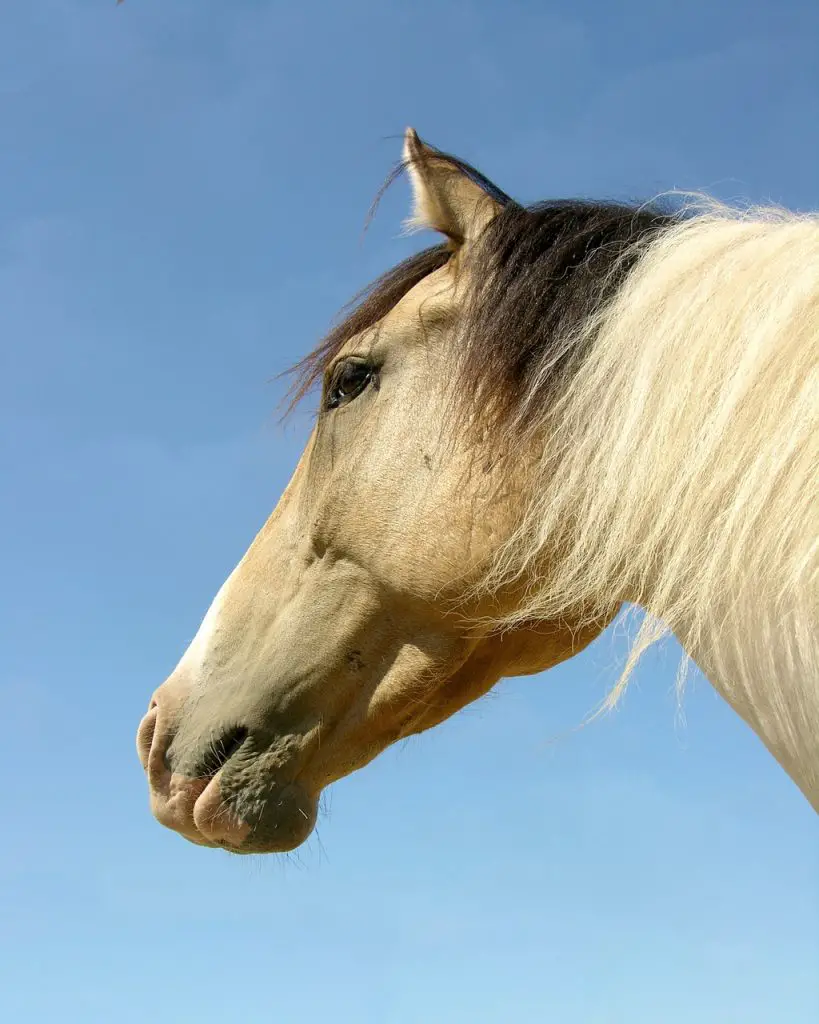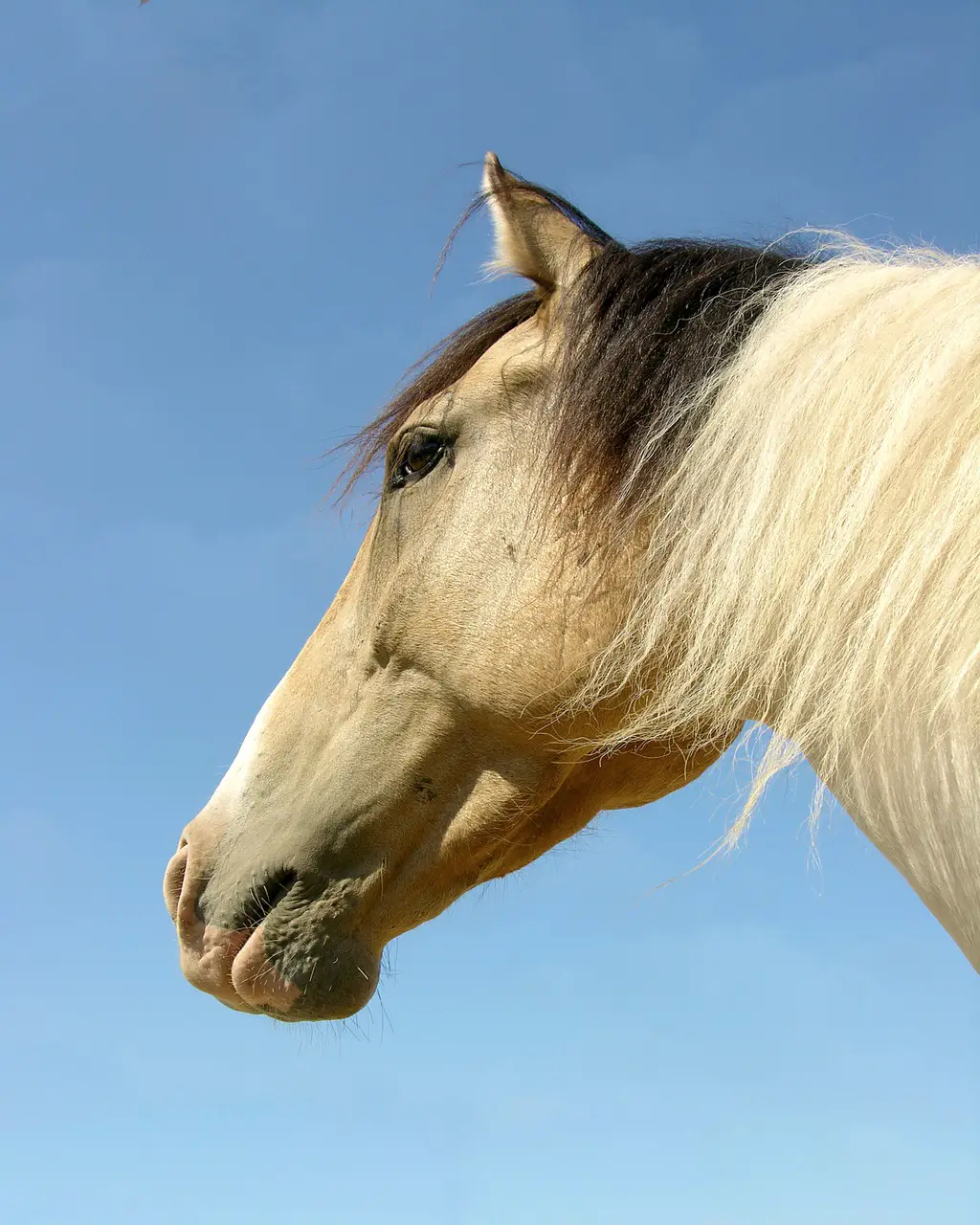Last Updated on February 21, 2022 by Allison Price
Unusual swellings found in the neck and throat areas of horses can cause anxiety in their owners. The thought of strangles is often a constant thought in their heads. It doesn’t matter how difficult it is, you need to take a deep breathe and look closer at your horse.
Kathleen Crandell Ph.D., an Equine Nutritionist for Kentucky Equine Research, stated that there are many causes for distinct, focal swellings in horses’ heads and necks that are not caused by strangles.
Strangles is a highly contagious horse disease that causes abscesses in the lymph nodes.
This condition is often not well described in the veterinary literature but it is common for owners to report after horses are put out on pasture. The swelling is usually found in the throatlatch, behind the cheek, and below the ear. These swellings are usually minor and not painful. They do not appear to have any effect on the horse’s behavior.
Crandell noted that grass glands and grass mumps are not caused by strangles.
It is believed that the condition is an allergic reaction. However, it remains unclear what caused it. Some theories include the possibility of being exposed to sugar-rich grasses or new spring grass. There is no cure for this condition.

There are other causes for facial swellings in horses:
- Inflammation or swelling of the salivary glands such as the parotid (parotiditis).
- Formation of a stain in the salivary gland (sialolithiaisis);
- Trauma;
- Infection (sialoadenitis);
- Neoplasia, and
- Excessive or prolonged grazing can cause edema (accumulation fluid).
If you are unsure, contact your veterinarian to have your horse checked. Keep your horse away from other horses until strangles is ruled out. Keep in mind that not all horses suffering from strangles will develop a fever, have nasal discharge or otherwise become unwell.


